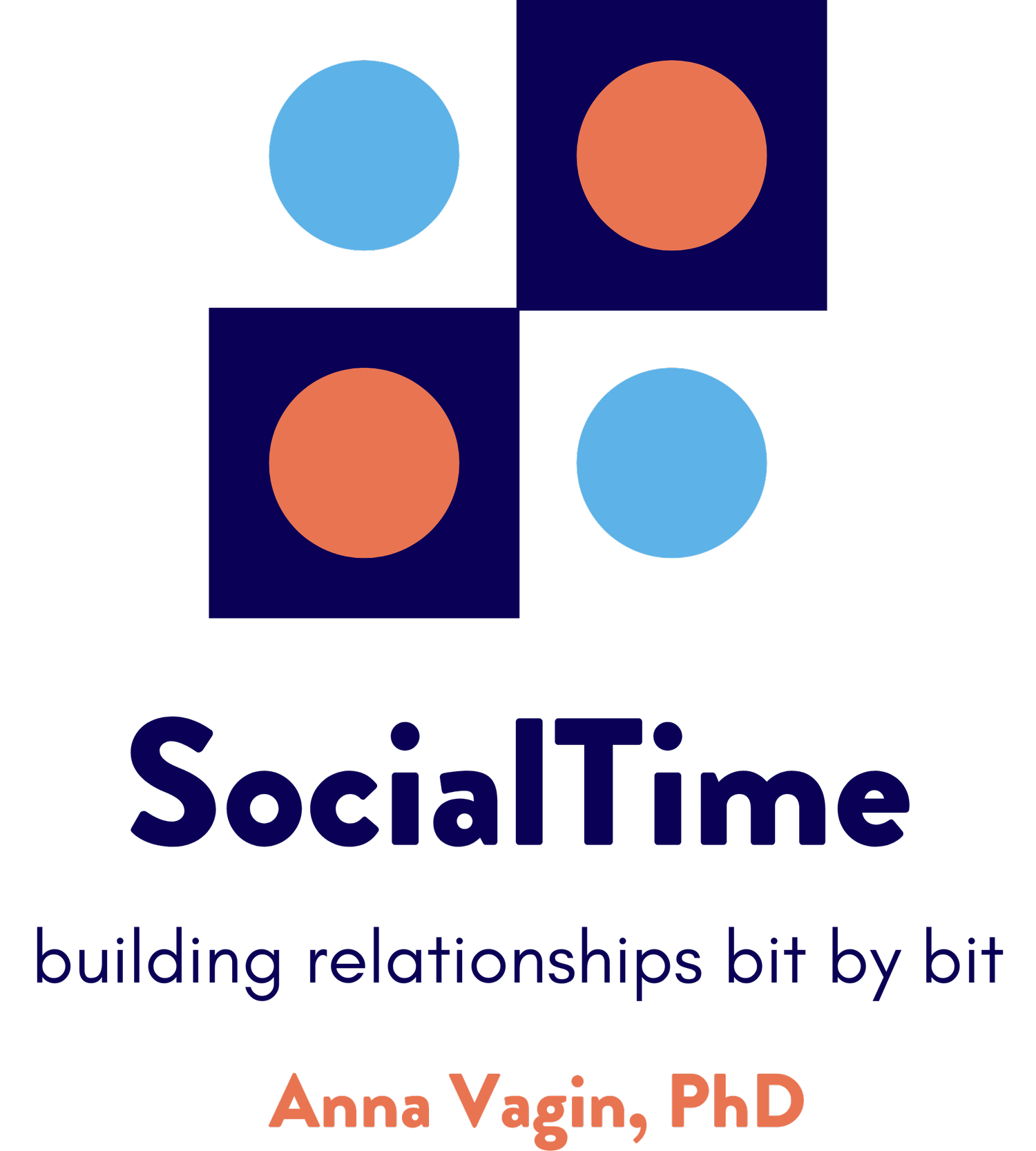How many times a day do you decide something?
Even on vacation (on Maui,) you have to decide: go in the water or stay lounging on the sand?
I heard from many of you after February’s post focused on the importance of imagining. Elliot’s writings touched many of you, and I so appreciate hearing your impressions. So, I thought this time, I would share more of Elliot’s work with you! 😊
As a reminder, Elliot, a 25-year-old Autistic young man, is preparing to move out of his family home into independent-with-support-living with two roommates. For him, supported living IS independent living – at a level that is right for him. When you think about it, none of us lives truly independently – we all depend on other people and systems to keep up feeling, well, supported and able to be our best. I often hear those working with older teens and young adults as emphasizing the importance of reaching “independent” – I think it’s more relevant and appropriate to think about independence as falling on a continuum 🔃, rather than being discrete points of “independent” or “not independent.”
Well, back to Elliot. Last week, I wanted to start delving more deeply into decisions and choices. Being independent means often needing to decide and choose. In some ways, it's the core of independence - the essence of self-agency. Our decisions and choices have implications. Some may be good decisions. Others, less so. Some decisions are inconsequential. Others are critical. Most allow us to grow 🪴- whether solidifying our sense of competency, or giving us opportunities to learn from mistakes.
We know that, no matter how hard we try, we all sometimes make decisions and choices that won’t work out, or that can be labeled as mistakes. And, since he is human like the rest of us, Elliot will probably make some “not great” choices along his path of supported independence (more on that in future musings.) So, it’s good to prepare for that eventuality.
But let's start by focusing at the beginning. Elliot wrote in response to the prompt, highlighting some conjunctions, MSV, and question starters (that seems to keep him focused and organized):
Living independently means making lots of decisions and choices. What decisions and choices will you make when you start living in B?
🌟 Decide when to get haircuts.
🌟 When will I get ready to go to Y?
🌟 When will I go shopping?
🌟 When will I prepare for dinner and what time I’ll make it?
🌟 When will I go to D from there?
🌟 What time will I get up and when will I set the alarm clock just like I set it for 6:15?
🌟 When will I visit my parents when I go to X if they’re still alive or if they’re dead?
🌟 Where will I travel to? Just like before my grandfather passed away we stopped going to S, we traveled out of G.
🌟 What should I do by myself?
🌟 What meal should I make?
🌟 Where shall I walk?
🌟 What is my agenda?
🌟 When should I be leaving the house?
🌟 What movie shall I see?
🌟 What restaurant shall I go to?
🌟 Where shall I run?
🌟 What museum shall I go to?
As he wrote, Elliot was smiling. I felt like I was watching someone step into their self-agency. As if his sense of self was opening up before my eyes. In the safety of our sessions, he is rehearsing his future – trying it on, seeing how it feels. Then stepping back into the safety of his current life. Evolving bit by bit. 😍
I am so lucky to be a mediator in his development. Stay tuned to hear more about how Elliot is preparing for the next stage of his life.
Let’s decide to enjoy March!

